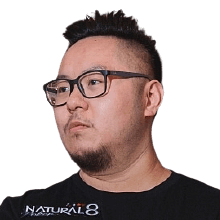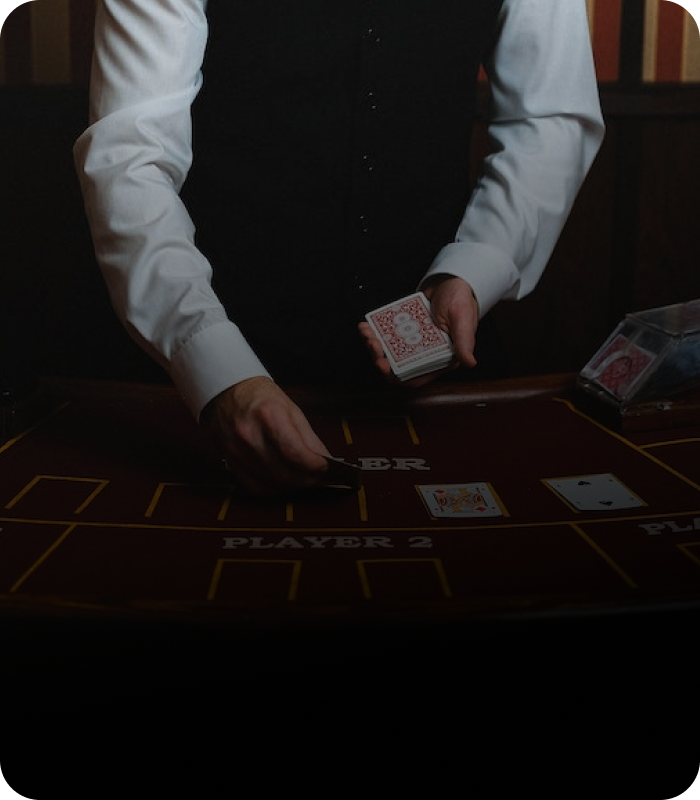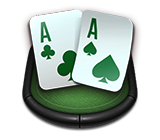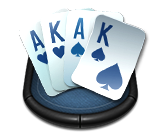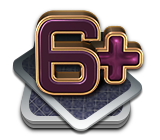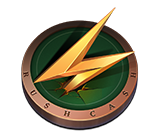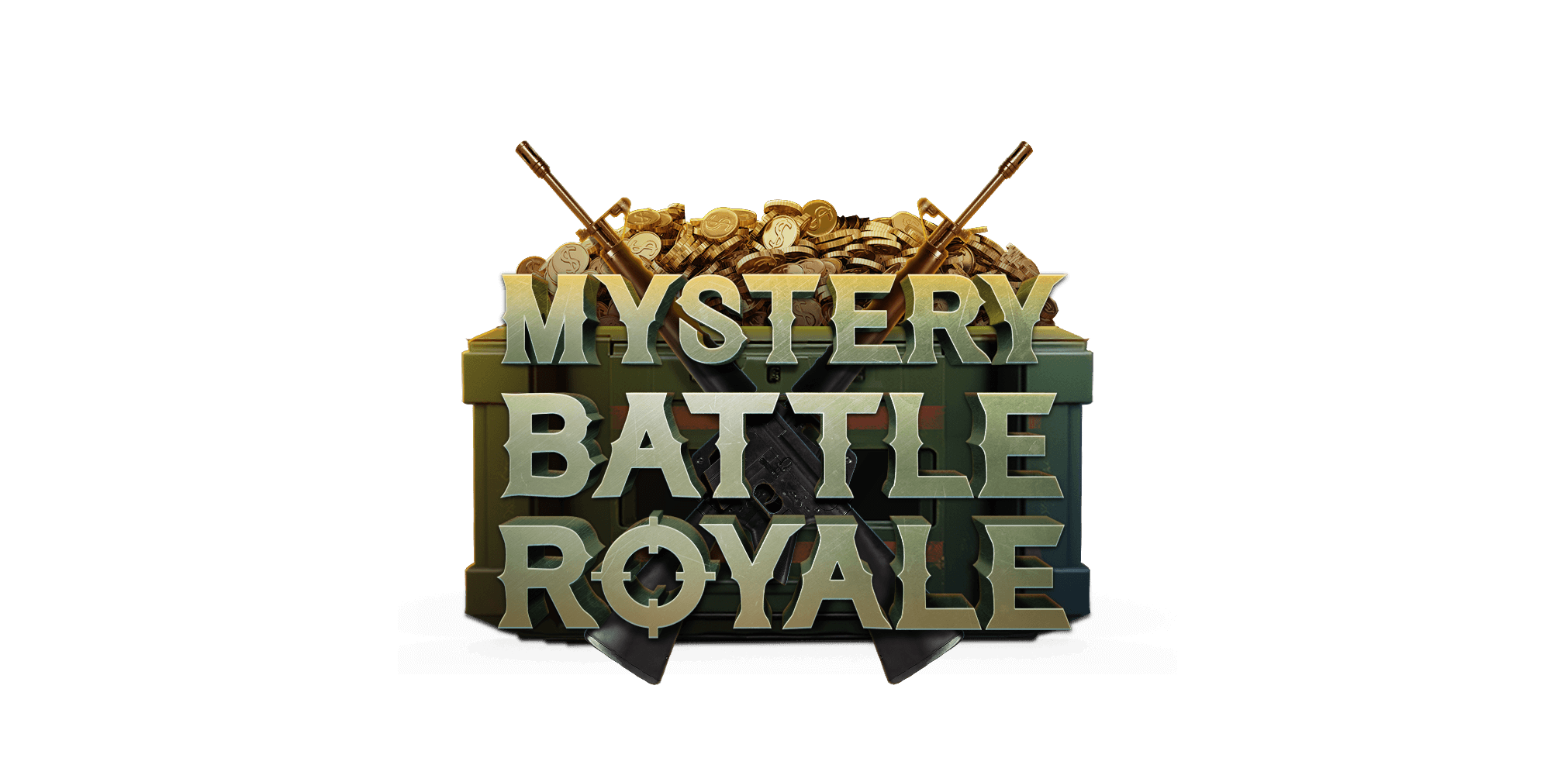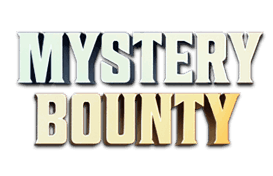
Hey everyone, it's Kannapong Thanarattrakul! I've cashed over $2.8 million in live poker tournaments, and I'm here to share expert advice on becoming a professional player in 2023. Let's conquer the game together!
Below, I’ve listed some of the best tips I’ve used over the course of my career, so if you want to better your chance of becoming a poker professional, read my advice carefully.
Set Your Expectations
One of the most important things you should do before setting off on your journey to become a poker professional is to set realistic expectations. What are you looking to get from poker? Do you want to be a full-time pro, playing the highest stakes and earning tens of thousands of dollars? Or do you want to become good enough to earn a bit of extra money on the side?
Poker is an incredibly tough game, and it’s only getting harder thanks to the abundance of training materials out there. If you expect to become a super-high-stakes crusher in a couple of years, you’re going to be disappointed. However, if you set yourself small manageable goals, there’s no reason why you can’t eventually become a full-time poker professional.
Start Out At Low-Stakes
A big mistake that I see players make all the time is starting off at higher stakes than they’re ready for. They want to mix it with the heavy hitters right away when really they should be earning their stripes at the lower stakes. I’ve seen far too many people bust their bankroll this way, and I wouldn’t want the same thing to happen to you.
Start by playing low-stakes poker, prove to yourself that you’re a winner, and then make the move up. After moving up, take some time to play at your new stake level, and once you’ve proven you’re a winner, you can move up again. This advice goes for both live and online; don’t think that because you have the money, you should be jumping into the highest-stakes games available.
By starting at the lower stakes, you get to learn the fundamentals without having to risk your whole bankroll.
Learn How To Study
Studying is such a key part of both becoming a good poker player and staying a good poker player. But you’d be surprised at the number of aspiring pros that don’t do it - or at least don’t do it properly. If you’re one of those people who puts on a training video in the background and scrolls through your phone while telling yourself you’re studying; this one’s for you.
Active studying is the best way to improve at anything, as you’ll find it much easier to retain the information. If you’re watching training videos, take notes on things you’ve learned, then revisit those notes later to see how much you remember. Many training sites even allow you to ask questions of the video maker in the comments; so if you’re unsure about something, just ask!
You should also try and mix up your studying so it doesn’t get boring. Watching several hours of videos is going to send anyone to sleep, so introduce things like database reviews, in-depth hand analysis, and solver work (if you have one). By changing the way you study, you keep your mind interested and you give yourself the chance to study a variety of different spots that you need to work on.
Find The Best Place To Play
If you want to maximise your win rate, game selection is key. If you consistently place yourself in the best games, you’re going to increase your win rate and decrease the swings that other players will see when they grind.
I know it’s tempting to battle with the very best players, but I’ve learned the hard way that you should leave your ego at the door. Everyone’s money is the same, and I’d much rather play in games where I can pick up easy money than have to fight tooth and nail for every pot.
Finding the best places to play could mean comparing online poker sites if you’re an online grinder, or checking out different local casinos if you’re a live player. It’s surprising just how much softer some games are than others, so it really pays to shop around. Of course, if you’re looking for a great place to play online poker, I’d always recommend playing on Natural8!
Treat Poker Like A Job
Another reason why I see so many prospective professionals fail is because they don’t treat poker like a profession. I’d wager that every poker pro got started because they loved playing the game, and for many people that’s all it is - a game. However, if you’re looking to make serious money, you can’t treat it like a game, you need to treat it like a job.
That means no playing when you’re drunk, hungover, tired, or otherwise impaired. Don’t play while you’re tilted, and don’t needlessly gamble because you’re getting bored. You’re here to do one thing, and that’s make money.
Many people find it hard to treat poker like a job as they’ve gotten into the habit of playing it as a fun hobby. However, all it takes to turn that around is a change in mindset and habits. Once you start thinking of poker as your job, it becomes easier to make positive decisions like not drinking at the table, not staying up all night before you play, and not being distracted at the table.
It requires a big mindset shift, and it was easily the hardest thing I encountered while becoming a pro, but the rewards are there if you can do it.
Build Up A Large Life-Roll
Even if you’re studying frequently and playing the best games possible, there’s going to be variance in poker. At some point, every poker player will run worse than they could imagine for longer than they thought possible. When that happens, you need security.
The best way to give yourself that security is by building a large life-roll, so if things don’t go well at the poker table, you can still afford a place to live. You never want to be in a situation where a single pot or a single tournament can have a material impact on how you’re living that week, so always make sure you have plenty of money behind.
I’d suggest that prospective professionals have at least 6-12 months of living expenses saved up, just in case the worst happens while you’re at the table.
Give Professional Poker A Trial Run
If you’re already in full-time employment, taking the leap to become a professional poker player is a huge risk. It would mean turning down gainful employment and putting your income into the hands of fate. Doing this is extremely risky, and I’d only advise people to do this if they’re 100% sure they’re a big winning player in their games and have enough money to support themselves if things go wrong.
However, if this is something you’re looking to do, my advice would be to try and give it a trial run. Take a couple of weeks of work and treat those weeks as if you’ve just gone pro. Get yourself into the routine that you’ll be in if you turn pro, and see if this is something you can do consistently day after day, week after week.
Or, ideally, if your company will allow you to take a long sabbatical, that would be even better, as it allows you to take more time off to test your new life while still having a job waiting for you when you’re done.
Quitting a job to play poker professionally is not something I’d recommend to a lot of people, but if you’re 100% sure this is what you want to do, make sure you trial it first.
Summary
Becoming a professional poker player is tough. It’s a complicated game, and people are getting better and better each year. However, if you have the drive, talent, and work ethic, there’s no reason why you can’t dedicate yourself to the game and become a professional poker player. Hopefully, the tips I’ve given you from my experiences as a pro can help you achieve your dream! Good luck at the tables.

Kannapong Tent
Kannapong Thanarattrakul a.k.a 'KT' and 'TENT' is a professional poker player and a Natural8 Team Hot member. Like many others, he had to grind through the ranks of local games and online platforms when he first started. However, his passion and dedication quickly propelled him to prominence within the poker community, and eventually, Natural8.

.webp)



